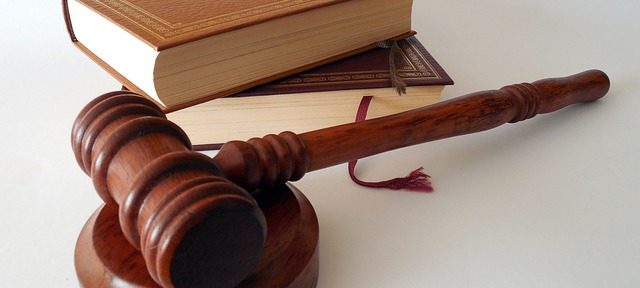
Creating a Will by yourself does not have to be an overwhelming and complicated process; it does not require too much effort and time on your part, if you know where to look for help. People who want to create a Will sometimes have difficulty going through a lawyer, because they dislike the thought of discussing their personal matters with a stranger. If you do decide to create a Will, you do not want to wait and rush things to the last minute. We have found that sometimes, for those who decide to create a Will by themselves, they rush the process, and complete their Will just prior to a major event or a trip. You obviously do not want to do that; you want to take your time.
Your Will encompasses all of your assets and your entire estate, which includes: your property, jewelry, gifts, and all of your other particulars. You may want to start with an inventory list of all of your items, and periodically look over your list to see what changes need to be added or removed to your list. You may want to type (rather than handwrite), your inventory list, to better manage any changes further down the road. When it comes to the actual creation of the Will itself, people sometimes decide to do a holographic (hand-written) Will, but that may not be a good idea for a number of reasons: 1) You may not know about everything that goes into your Will. A Will not only encompasses your assets and estate, but it also covers who you are appointing as your Executor (the person who is responsible for dispersing your assets), any gifts you want to leave behind, your beneficiaries/alternate beneficiaries (the people who are getting all of your stuff when you pass away), charitable items, guardians for your kids, a trust for your underage child, etc. Hand-writing a Will may not be a good idea for an individual who does not know much about writing a Will or what goes into it. 2) You may not know about the procedure about what happens next, after you complete your Will. How do you make your Will legally binding? In short, you most likely want a document that covers just about everything for your Will. That can all be covered through online software. There are options to create your Will through online software, such as FormalWill. It takes the guess work out of creating your Will on your own.
You can create your Will through FormalWill in just three easy steps: 1) Create your account, 2) Enter your information into the online Will order form, and 3) Pay at the end and receive both your Will and signing instruction letter. FormalWill simplifies the entire process for you, and makes your life easier. This may be an option for you when you decide on the best way to create a Will.





